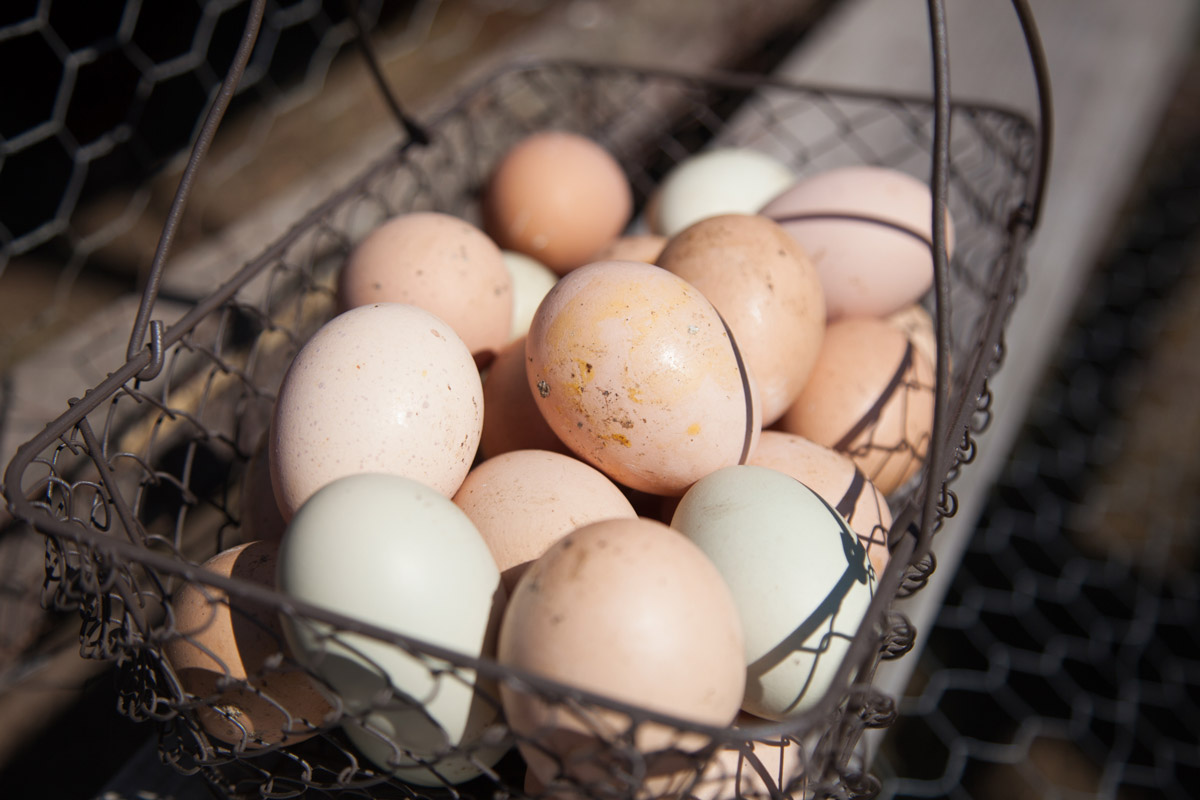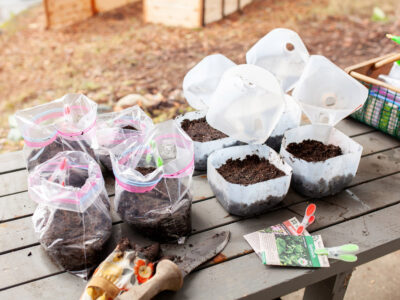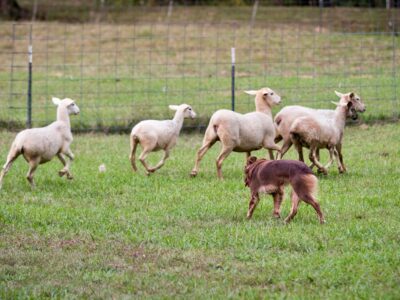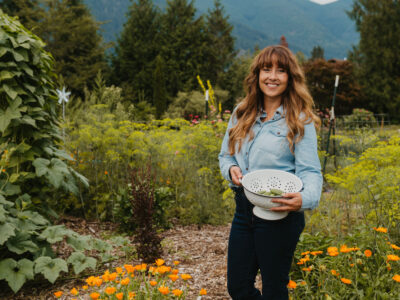What is it that we need to focus on today in order to fix our broken food system? Listen to this podcast episode and hear my own thoughts on the changes I want to see start happening.
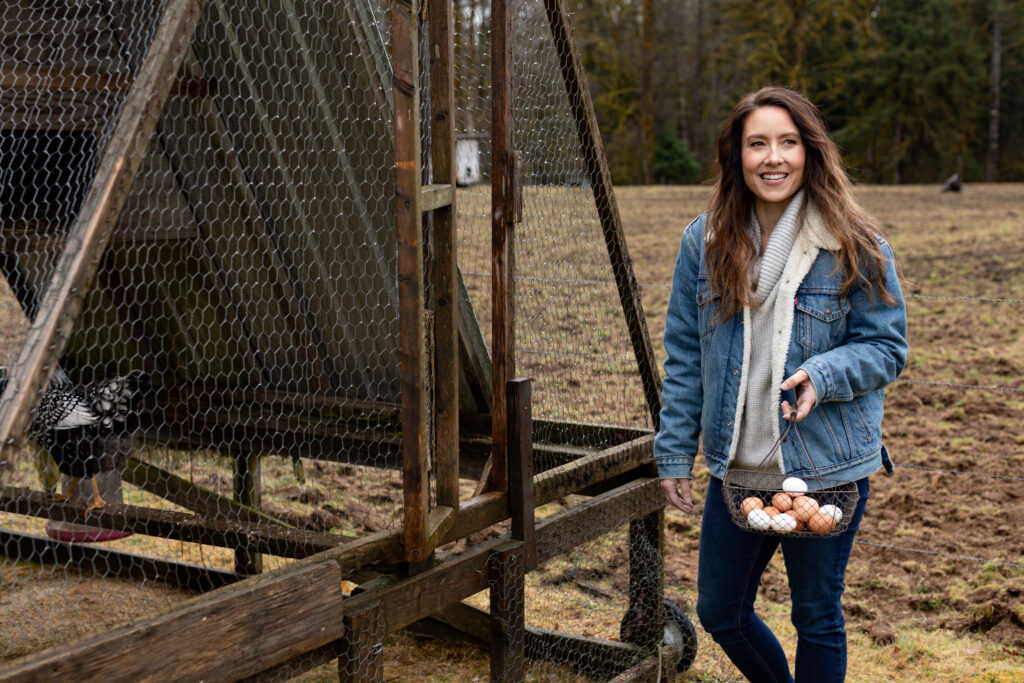
After traveling on back-to-back trips for two weeks straight, it was grossly apparent to me just how broken our food system is.
Natural Remedies Made Simple

Start your home apothecary with confidence—even if you’re brand new. Learn how to choose the right herbs for your body using the simple principles of herbal energetics.
Discover how warming, cooling, drying, and moistening herbs affect your body—so you can stop guessing and start making remedies that actually work.
Taking care of yourself well while on the road is extremely difficult. I had forgotten just how many people either don’t have available to them the better food choices or herbal remedies that I do on our homestead.
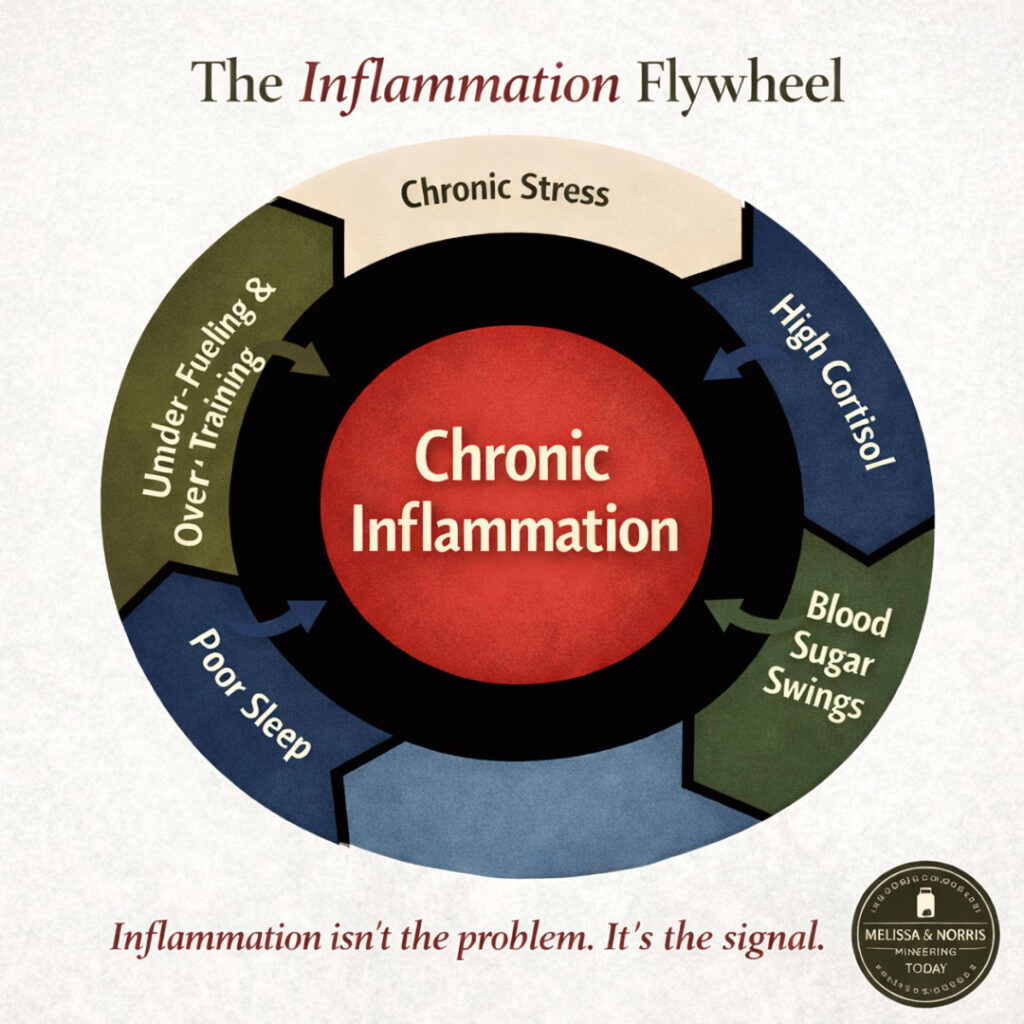
The Hidden Cycle Keeping You Inflamed
If you’ve been feeling puffy, tired, achy, or wired-but-tired, this two-page guide will help you understand what may be happening behind the scenes — even if you’re eating “healthy.”
Download the Inflammation Flywheel Guide and learn:
- Where to start so you don’t feel overwhelmed
- The 5 most common drivers that keep inflammation switched on
- Why blood sugar swings, stress, and poor sleep feed each other
There were little things that I noticed:
- I wish I had raw milk available to add to my coffee (or even just an organic milk option).
- A fast-food option with fresh, healthy, organically grown ingredients.
- At home, I have all my herbal remedies at the ready when someone starts to come down with a virus, but on the road, if I don’t bring my remedies with me, there’s nowhere convenient I can go to purchase herbal tinctures, I was able to find elderberry syrup and echinacea tincture, but by no means a full herbal supply on what I’d normally use.
- It’s frustrating for people even to read labels. The word “natural” doesn’t mean anything anymore and meat labels can be hard to trust.
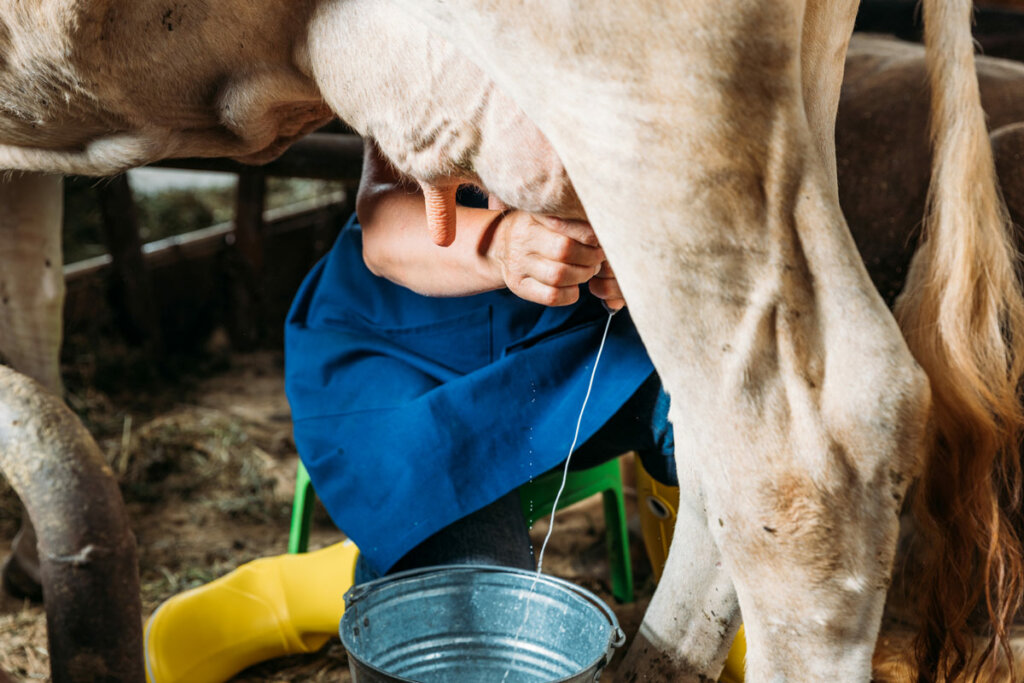
Table of Contents[Hide][Show]
In This Episode
- The small changes we can make will become the change we want to see in the future. But we have to get more people on board. Those who aren’t aware of the danger of our food supply are more than those of us who are. We have work to do!
- We need more and more people to step up and be small producers so more local families have access to healthy farm-raised food.
- Azure Standard (the sponsor of this podcast) partners with smaller farms to make their food accessible to most of the United States. Get 10% off your first-time order of $50 or more with code “Melissa10”.
- We can control if we share this message with our friends! Send them this link so they can watch or listen to today’s podcast: https://melissaknorris.com/podcast/our-broken-food-system/
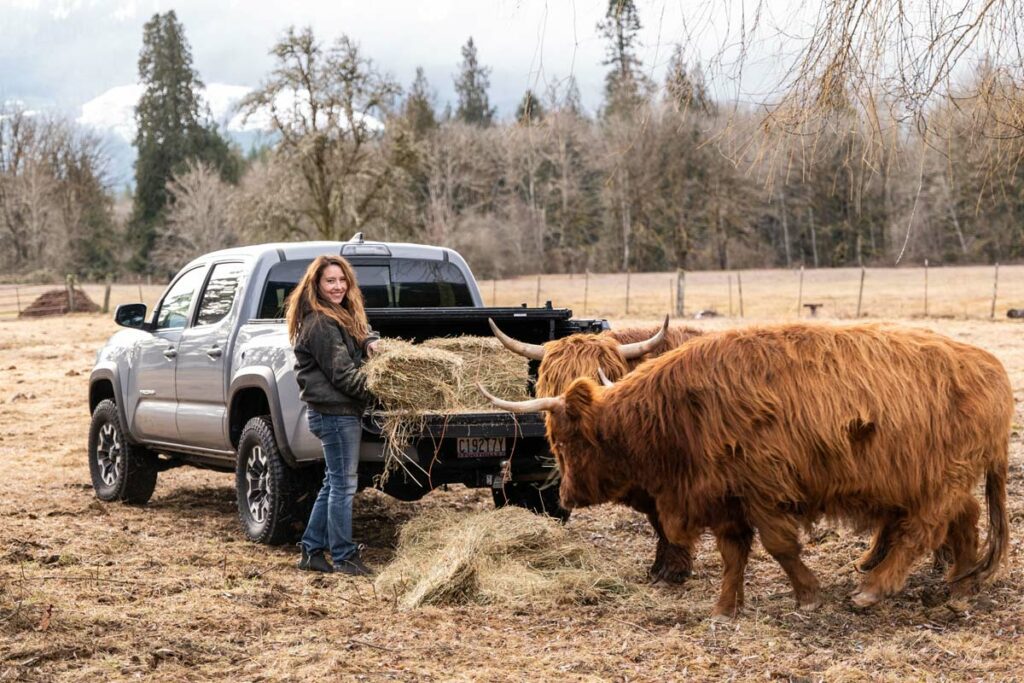
Resources Mentioned
- Raising Beef Cattle
- Building Your Medicinal Herb Cabinet
- Homemade Elderberry Syrup
- My Health Journey
- My Health Update & Need for Surgery
[fusebox_transcript]
